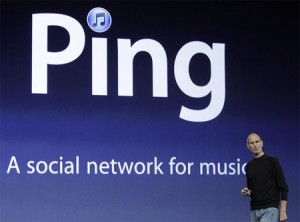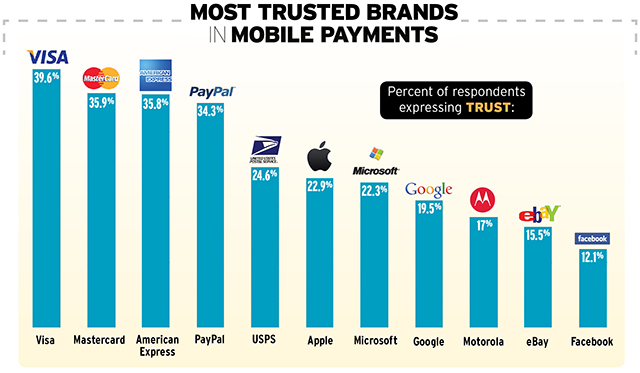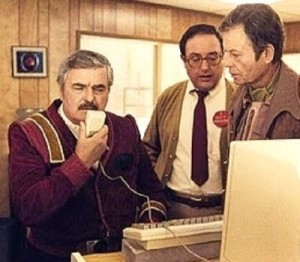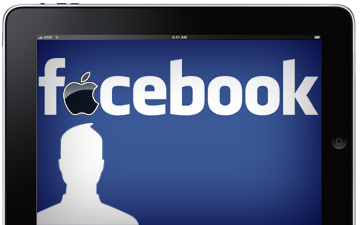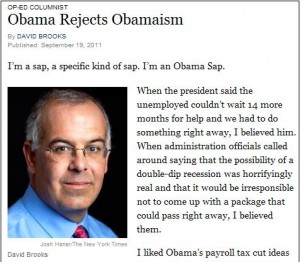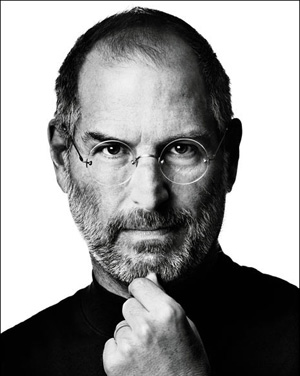
The online news site reddit said it will invoke the “nuclear option” on Jan. 18 – next Wednesday — against two pieces of federal legislation, the House’s Stop Online Piracy Act (SOPA) and its Senate cousin, the Protect Intellectual Property Act (PIPA).
For 12 hours on Wednesday, reddit’s normally busy “front page of the Internet” will blacked out and replaced by a live video feed of hearings by the House Committee on Oversight and Government Reform, which is debating proposed legislation to give the government the ability to shut down foreign websites that infringe copyrighted material, and to penalize domestic companies that “facilitate” alleged infringement.
It remains unclear if Google, Amazon, Facebook, Twitter, Wikipedia, Craigslist, eBay, PayPal, Yahoo and other Internet titans will join in a simultaneous blackout to protest the legislation, although the trade association that represents them all says it is a possibility. “There have been some serious discussions about that,” Markham C. Erickson, Executive Director and General Counsel of The NetCoalition, told CNET’s Declan McCullagh. The Net Coalition is not involved with reddit’s action next week, a spokeswoman said.
A coordinated systemwide blackout, proponents say, would demonstrate to millions of Americans what could happen to any website that carries user-generated content, if SOPA or PIPA were enacted.
In current forms, the bills would require online service providers, Internet search engines, payment providers and Internet advertising services to police their customers and banish offenders. Companies that did not comply with the government’s order to prevent their customers from connecting with foreign rogue sites would be punished.
Let’s say a company like YouTube, which publishes an average of 48 hours of video every minute, fails to stop one of its 490 million monthly users from uploading a chunk of video that is copyrighted by a Hollywood studio. Let’s say further that one of Twitter’s 400 tweets per minute that link to YouTube videos contains a link to that copyrighted material. And maybe one of Facebook’s 800 million users reposts the link. YouTube says Facebook users watch 150 years worth of YouTube videos every day. And let’s say you hear about the video and enter a search for it on Google.
Under the proposed legislation, YouTube, Twitter, Facebook and Google are responsible for keeping their users within the law. SOPA grants those companies immunity from punishment if they shut down or block suspected wrongdoers. But if they don’t shut down or block the miscreants, they could be punished themselves.
Both the House and Senate bills are strongly backed by Old Media companies, and equally opposed by New Media companies, along with an astonishing confederation of civil libertarians, venture capitalists, entrepreneurs, journalists and academics.
Both sides cast the legislation as a battle of life and death for the future of the Internet.
Opponents contend that SOPA would shut down the free flow of information and prevent Americans from fully exercising their First Amendment rights. Venture capitalists say it will kill innovation in Silicon Valley by setting up impossible burdens for the social media companies that now drive the area’s economic engine. Some critics say SOPA will hand Big Business a “kill switch” on the Internet similar to the shutoff valves used by China, Egypt and other repressive countries to stifle dissent.
Supporters of the legislation, meanwhile, say new laws are needed to fight online trafficking on copyrighted materials and counterfeit goods. No one can deny that the Internet is awash in fake Viagra and bootlegged MP3 files. Lamar Smith, the Texas Republican who sponsored SOPA, says it will stop foreign online criminals from stealing and selling America’s intellectual property and keeping the profits for themselves. Unless copyright holders are given the new protections under SOPA, Mr. Smith argues, American innovation will stop, American jobs will be lost, and the American economy will continue to lose $100 billion a year to online pirates. And people will die, Mr. Smith says, if we fail to stop foreign villains from selling dangerous counterfeit drugs, fake automobile parts and tainted baby food.
“The criticism of this bill is completely hypothetical; none of it is based in reality,” Mr. Smith told Roll Call recently. “Not one of the critics was able to point to any language in the bill that would in any way harm the Internet. Their accusations are simply not supported by any facts.”
“It’s a vocal minority, Mr. Smith told Roll Call. “Because they’re strident doesn’t mean they’re either legitimate or large in number. One, they need to read the language. Show me the language. There’s nothing they can point to that does what they say it does do.”
Who are these clueless critics who don’t know anything about the Internet?
Vint Cerf, Steven Bellovin, Esther Dyson, Dan Kaminsky and dozens of other Internet innovators and engineers wrote an open letter that said: “If enacted, either of these bills will create an environment of tremendous fear and uncertainty for technological innovation, and seriously harm the credibility of the United States in its role as a steward of key Internet infrastructure.”
AOL, LinkedIn, Mozilla, Zynga and other Internet companies joined in an open letter to write, “We are very concerned that the bills as written would seriously undermine the effective mechanism Congress enacted in the Digital Millenium Copyright Act (DMCA) to provide a safe harbor for Internet companies that act in good faith to remove infringing content from their sites.”
Marc Andreessen, Craig Newmark, Jerry Yang, Reid Hoffman, Caterina Fake, Pierre Omidyar, Biz Stone, Jack Dorsey, Jimmy Wales and other Internet entrepreneurs contend that the bills would:
- “Require web services to monitor what users link to, or upload. This would have a chilling effect on innovation.
- “Deny website owners the right to due process or law.
- “Give the U.S. government the power to censor the web using techniques similar to those used by China, Malaysia and Iran; and
- “Undermine security online by changing the basic structure of the Internet.”
A couple of guys named Sergey Brin and Larry Page have been particularly vocal in opposing the legislation.
Well of course, Mr. Smith argues. “Companies like Google have made billions by working with and promoting foreign rogue websites, so they have a vested interest in preventing Congress from stopping rogue sites,” he said at a news conference last month. “Their opposition to this legislation is self-serving since they profit from doing business with rogue sites that steal and sell America’s intellectual property.”
I think everyone agrees that something must be done to combat rampant online piracy and the sale of bogus goods and services by foreign rogue websites. But Old Media is once asking for heavy-handed remedies that resist rather than adapt to technological change. It tried to outlaw videocassette recorders, and it tried to throw students and grandmothers into prison for downloading MP3 files, and now it wants kill-switches on the Internet. Perhaps reddit’s nuclear option will be the kind of heavy-handed rebuttal we need to prompt discussions about a smarter, mutually agreeable solution.













